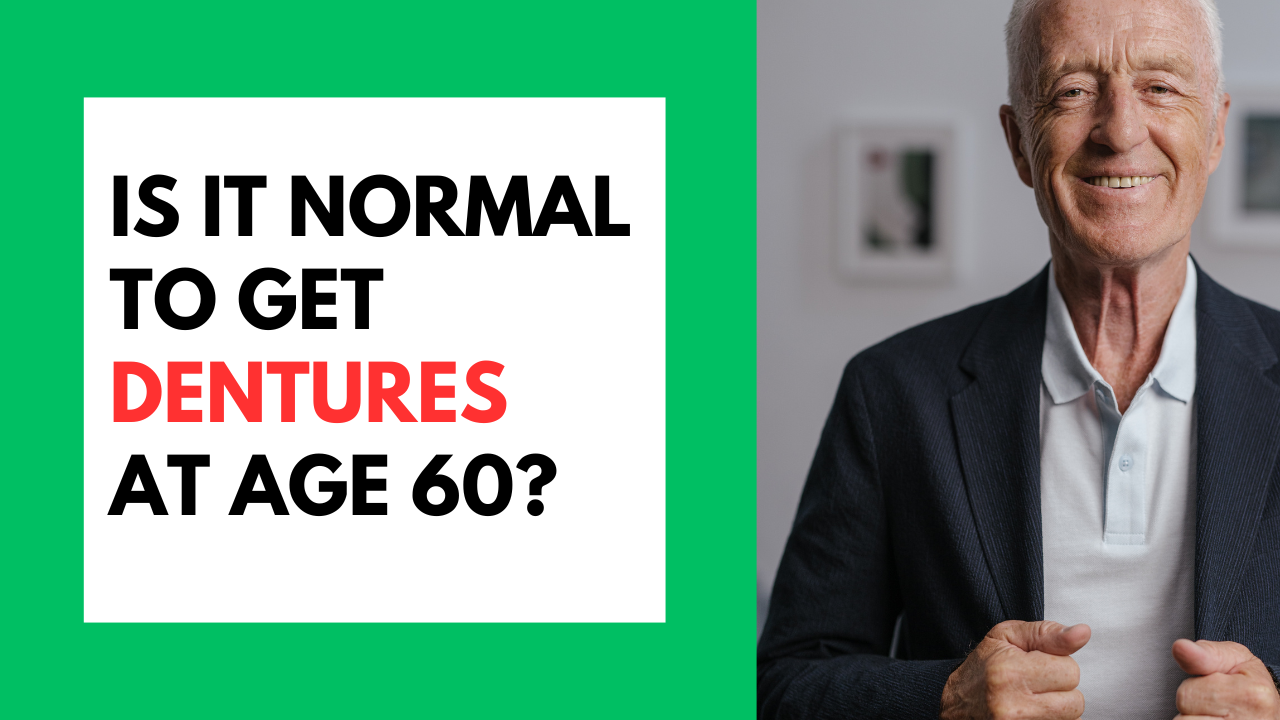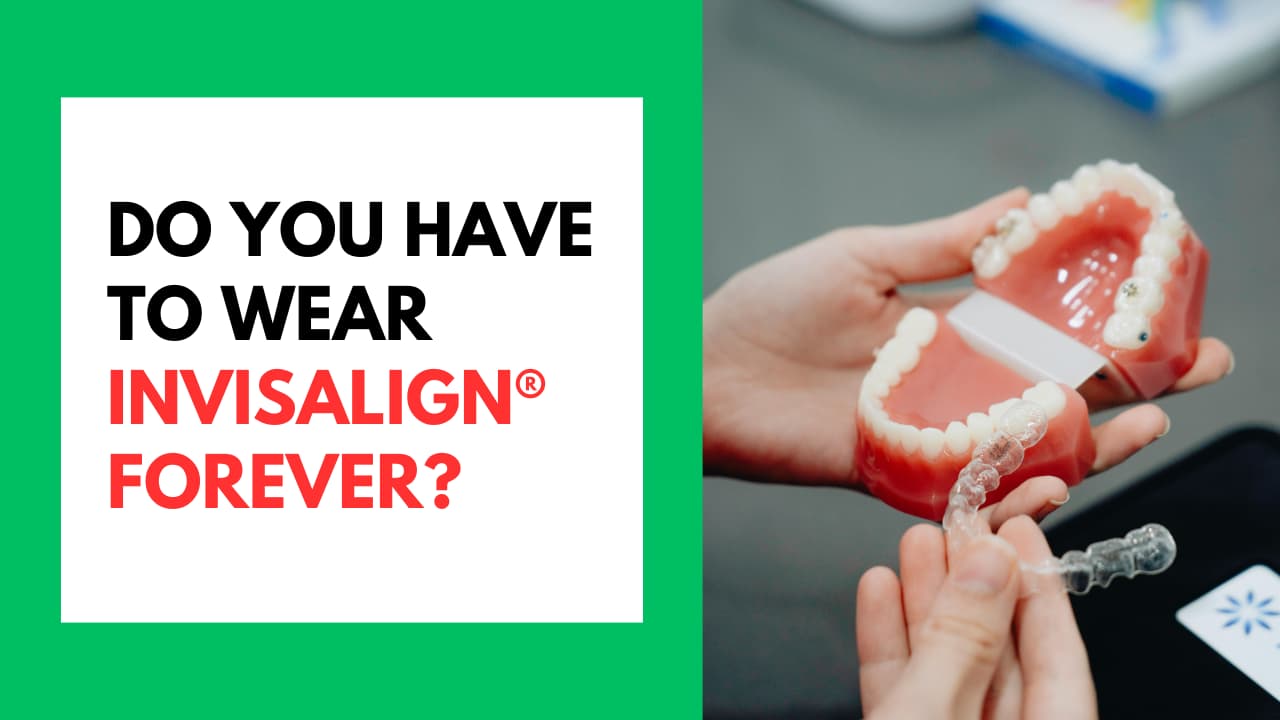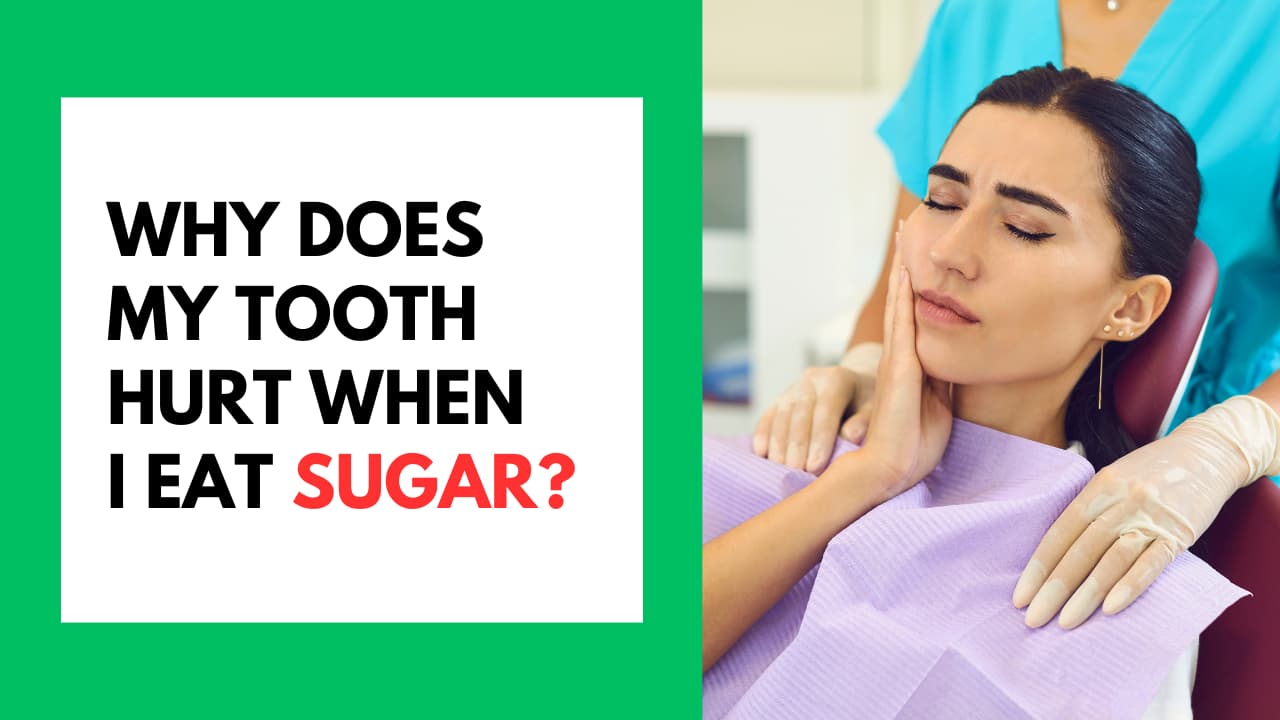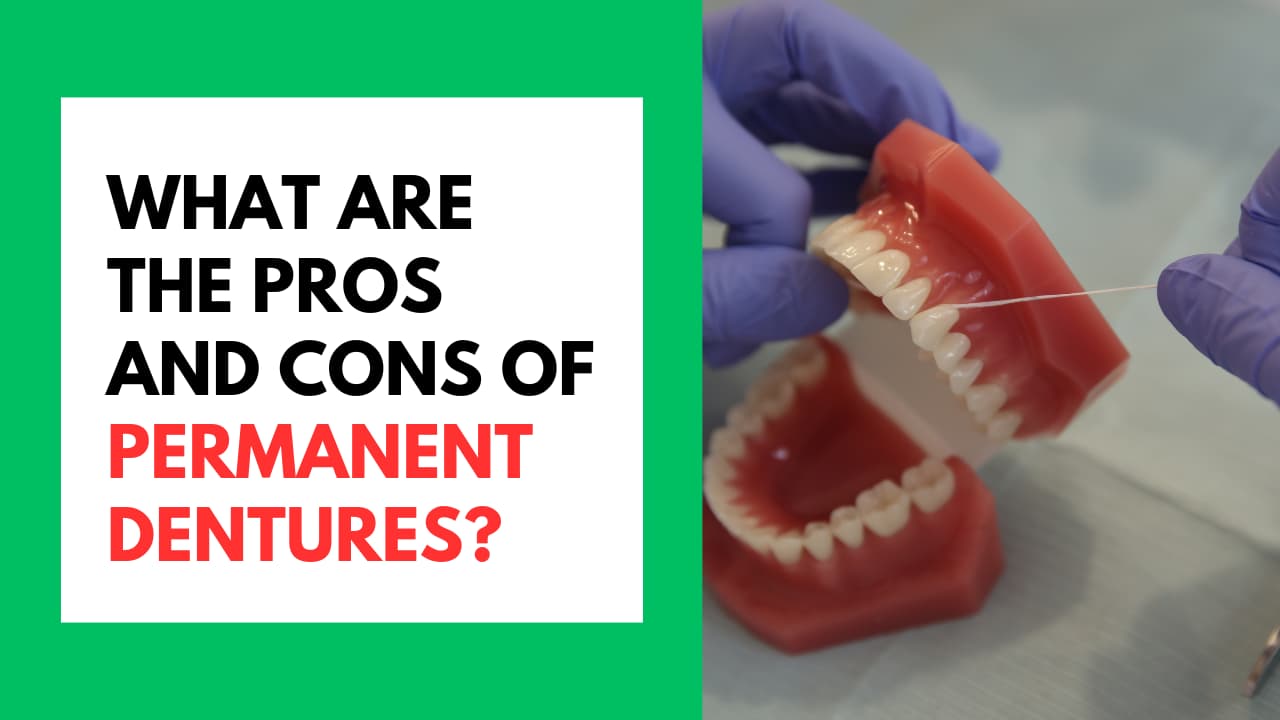Dentures are custom-made replacements for missing teeth that help you enjoy eating, speaking, and laughing again. While many people think dentures are only for the elderly, they can be helpful for anyone who has lost teeth due to age, injury, or dental problems. Most people start wearing dentures in their 60s, but more younger adults are using them too. Whether full or partial, dentures bring back not just the ability to chew and talk clearly, but also your confidence. Let’s discuss whether it is normal to wear dentures at age 60.
Expert in This Article
Board Certified & Diplomat of the American Board of Periodontology & Surgical Dental Implants.
Average Age for Getting Dentures
Most people get full dentures between the ages of 45 and 60, usually after losing many teeth or having serious gum disease. Younger adults under 45 are more likely to use partial dentures if they lose just a few teeth. Full dentures are more common in people over 45. As Dr. Bader Abdeen of Cypress Periodontics explains, “Most patients start using dentures in their mid-50s when oral health issues build up, making dentures a helpful and practical choice.”
Why Do People Get Dentures Around Age 60?
Tooth loss is a big problem for adults aged 60 and older. Around 23% of people in this age group have lost all their teeth worldwide, and in the U.S., about 17.3% of seniors aged 65 and up have no natural teeth left. Many people start needing dentures in their 60s or later because losing teeth becomes more common at that age.
This can happen due to gum disease, tooth decay, injuries, or simply aging. While age 60 is a common time to get dentures, some people may need them earlier or later depending on their oral health, lifestyle, and financial situation. “Tooth loss usually happens because of gum disease, cavities, and injuries. That’s why early dental care and good habits are so important; they can help delay or prevent the need for dentures.” Says Dr. Abdeen.
Types of Dentures and Modern Advances
Dentures come in different types to match each person’s needs, mouth condition, and lifestyle. Here are the main kinds:
- Full (Complete) Dentures
- Partial Dentures
- Immediate Dentures
- Snap-in Dentures (Implant-Supported Dentures
- Overdentures
- Economy Dentures
- Custom Dentures
Dentures can be made from different materials. Acrylic resin is common and affordable. Porcelain looks natural and lasts long, but it can break more easily. Metal, like cobalt chrome, is strong but not as natural-looking. Flexible materials, like polycarbonates and polypropylene, are softer and more comfortable to wear.
New options like implant-supported snap-in dentures and overdentures have greatly improved how dentures fit and feel. They don’t slip as much and make it easier to chew, which helps people enjoy their daily life more.
As Dr. Bader Abdeen explains, “Dentures have come a long way, from simple plastic plates to implant-supported options that look and feel more natural. They help people feel more confident and comfortable.”
Signs It Might Be Time to Consider Dentures
Here are common signs that it might be time to think about getting dentures at age 60:
- Persistent Tooth Pain: Ongoing tooth pain caused by severe decay, infection, or gum disease may mean your teeth are too damaged to fix, and dentures might be the best option.
- Difficulty Chewing or Eating: If you find it hard to chew food or avoid certain foods because of missing or damaged teeth, dentures can help you eat comfortably and get proper nutrition again.
- Multiple Missing Teeth: If you’ve lost several teeth due to decay, injury, or gum problems, dentures can help fill the gaps and bring back your natural-looking smile.
- Loose or Shifting Teeth: Teeth that feel loose or move out of place may be a sign of serious dental issues and could mean it’s time to consider dentures.
- Ill-Fitting or Loose Dentures: If you already wear dentures and they feel uncomfortable, slip, or fall out easily, it may be time to get them adjusted or replaced.
- Changes in Facial Structure: Missing teeth or dentures that don’t fit well can make your face look sunken or saggy, which might mean you need dentures or a better-fitting set.
- Mouth Sores or Irritation: Ongoing mouth irritation, redness, or sores from dentures or dental problems may mean it’s time to see a dentist or think about getting dentures.
- Persistent Bad Breath: If you still have bad breath even with good oral hygiene, it could be caused by bacteria on poorly fitting dentures. This constant bad breath means you may need new ones or a professional cleaning.
How to Maintain Oral Health After Getting Dentures at Age 60?
Taking care of your mouth after getting dentures is important to help them last long and keep your mouth healthy. To care for your dentures the right way, rinse them after every meal to remove food bits, brush them every day with a soft toothbrush and denture cleaner (don’t use regular toothpaste), and soak them overnight in lukewarm water or a denture-cleaning solution. This keeps them moist and helps them keep their shape.
You should also gently clean your gums, tongue, and any natural teeth every day to keep your mouth clean and healthy and to help with blood flow in the gums. Even after getting dentures, it’s important to see your dentist regularly. Your dentist can check how well your dentures fit, make any needed changes, and look for problems like sores or infections.
To protect your dentures and mouth, avoid hard foods that could break the dentures, don’t use them to open things, and drink plenty of water to stay hydrated. As Dr. Bader Abdeen states, “Taking good care of your dentures every day and visiting your dentist regularly is the key to keeping your dentures in good shape and your smile looking great.”
Wrapping Up
It’s completely normal to get dentures at age 60. Many people start losing a lot of teeth around this age because of problems like tooth decay or gum disease. Even though 60 is a common age at which to begin wearing dentures, the real reason for needing them depends more on the condition of your teeth and gums, not just your age. Some people may need them earlier, while others may need them later.






